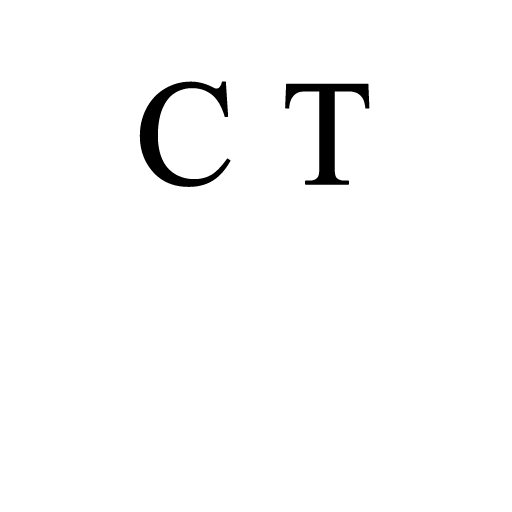It’s possible to wonder a bit whether the expansion of the universities was a good idea. Here we have the Senior Lecturer in political economy at Islington Technical College attempting to parse a paper about the effects of tax and reputation upon companies. The result is less understanding than we might hope for.
The paper itself is here:
[perfectpullquote align=”full” bordertop=”false” cite=”” link=”” color=”” class=”” size=””]This research investigates the impact of corporate tax strategies (i.e., tax avoidance and non-avoidance) on consumers’ corporate social responsibility (CSR) perceptions, willingness to pay (WTP), and corporate reputation in two laboratory experiments (n=409) in the United States and Germany. Using the Becker-DeGroot-Marshak incentive-compatible mechanism, which avoids a social desirability bias found in prior research, our results indicate only a minor indirect effect of corporate tax strategies on WTP by way of the mediator CSR perceptions. However, we find a strong effect on reputation again mostly mediated by CSR perceptions. In contrast to German consumers, U.S. consumers’ CSR perceptions of tax avoidance are independent of whether a strategy is likely accepted by the tax authorities. Overall, we conclude that CSR perceptions are highly relevant when it comes to consumer responses to tax avoidance.[/perfectpullquote]Willingness to pay is the thing people are and should be interested in. How much does whatever it is change peoples’ actual willingness to use a company as a supplier of whatever it is?
Reputation – and thus CSR – is only a proxy for this. It could be our proximate goal even but it’s not our ultimate one. How peoples’ stated views change is unimportant. It’s how peoples’ actions change that is.
So, what do we find here? That views about CSR do indeed change given tax strategies, peoples’ behaviour doesn’t. Thus tax strategy isn’t an important part of consumer behaviour.
Which brings us to the Senior Lecturer:
[perfectpullquote align=”full” bordertop=”false” cite=”” link=”” color=”” class=”” size=””]I think that conclusion (to which I added the emphasis) is especially telling, most particularly when Iama engaged with the Fair Tax Mark.[/perfectpullquote]Note what’s being missed there. The Fair Tax Mark at least purports to be a marker of not using dodgy tax strategies. But the quoted paper shows that tax strategies are unimportant concerning consumer behaviour. The Senior Lecturer tells us that this shows how important the Fair Tax Mark is. Well, no, it shows how unimportant it is, doesn’t it?
This expansion of the universities was a good idea, wasn’t it?




Expansion of the Universities was an Evil idea – we now have millions of graduates over-qualified for the jobs available, tens of thousands unemployed, hundreds of thousands with utterly useless qualifications (media studies, gender studies, sports science, history of art … each need one course at one university every three or four years to train all the people needed). Neighbourhood schools had been tried and shown to fail (hence bussing) in the USA before Labour launched them across the UK. The thousands of unemployed graduates in Sri Lanka when its government failed to shrink the universities built to cater for… Read more »
And, of course, while we could provide tuition and (some) living expenses when <10% went to uni, there's no way that could continue as the numbers approached 50%. And so loans to cover tuition fees were introduced, justified by the significantly higher earnings enjoyed (on average) by graduates. But that was based on historical surveys, when <10% of the population had a degree, which thereby became a (reasonable, though far from perfect) marker for the cleverest 10% of the population. The additional earning power from many of today's graduate courses is nugatory (if not actually negative when allowance is made… Read more »